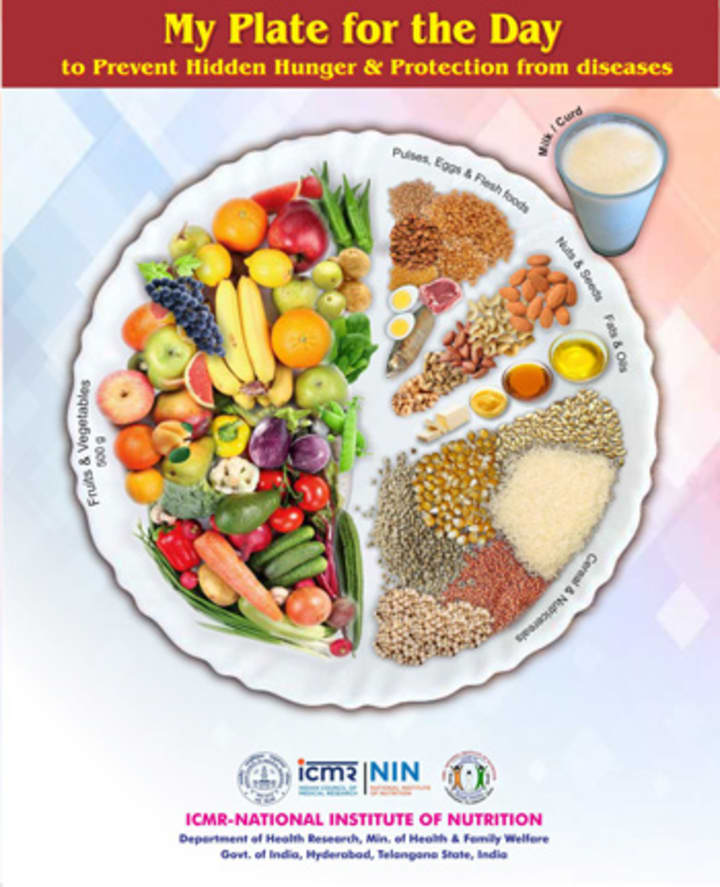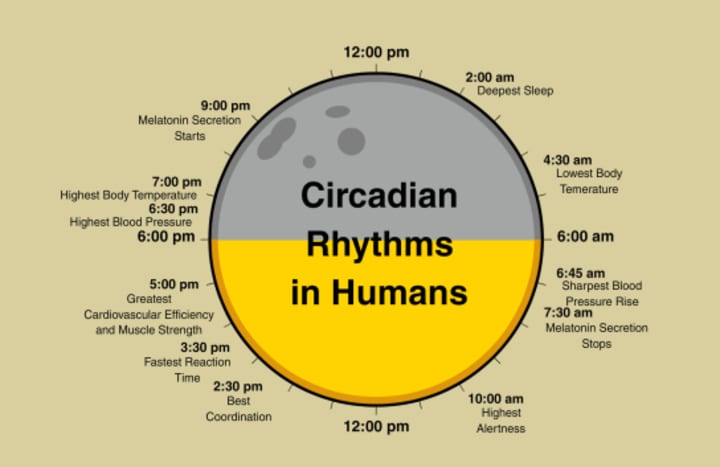Can sugar drive you crazy?
A cyclic pattern of Depression and Carb Craving.

Belonging to a western-UP, agrarian family, a meal is not complete without “roti” for me. In fact, in my village, it was considered disrespectful to offer food without the bread. Similarly, someone from eastern-UP, rice completes a meal.
The relationship between geography and food behavior is well understood. So is, to some extent, the relationship between vocation and diet. A farmer’s diet would be rich in carbohydrates when compared to that of a child. Similarly, a marathoner consumes more carbohydrates than a weight-lifter.
But what happens if we pair a sedentary lifestyle with a carbohydrate rich diet? Excess glucose gets stored in the liver as glycogen or would be stored as fat in adipose tissue (the key energy reservoir) with help from insulin. If this energy is not spent, it adds weight and increases the risk for obesity and cardiovascular issues.
A sedentary lifestyle also means, lesser opportunities for the body to regulate serotonin, the “feel-good” neurochemical. In recent years, it has been found that low levels of serotonin are highly associated with “carb cravings”. Did you ever binge eat sprouts? No, because you would rather eat a chocolate and feel better.
It isn’t however a mere lifestyle issue. I was reading a paper titled, “Carbohydrates and Depression” authored by Richard Wurtman and Judith Wurtman (1989) few weeks back. This paper examines mood and appetite disorders and highlights common symptomatology of "Seasonal Affective Disorder” (SAD), “Carb-Craving Obesity” (CCO), and “Premenstrual Syndrome” (PMS). All three show signs of depression, lethargy, inability to concentrate combined with episodic bouts of overeating and excessive weight gain. These are cyclic, in that, PMS would occur monthly and SAD occurs perhaps twice every year (fall and winters).

Besides lack of exposure to sun, psychological impacts of menstruation or a sedentary lifestyle, there is one more component in the Carbohydrate and Depression equation. Would you believe that a certain ‘parasitic fungus’ infects the brains of carpenter ants and turns them into zombies? (Alger, 2015).
Similarly, microbes have been found to manipulate our eating behavior and food choice (Zubcevic & Martyniuk, 2017). They are also capable of mimicking satiety-regulating hormones (Alcock, Maley, & Aktipis, 2014). Poor you.
What must be done to prevent such a misery? We must, first, carefully, examine our family history to check genetic predispositions to certain health conditions. If I, for example, come from an agrarian family, it would be best for me to indulge in physical exercise. And for a fact, mostly everyone in my family are ectomorphs. Those are people who are slimmer, taller and are better at aerobic activities like distance running.

Next could be examining the proportion of nutrients in your diet over a period of a year. The National Institute of Nutrition - ICMR, designed an ideal “plate” that would ensure a balanced diet. They recommend sourcing macro and micronutrients from minimum of eight food groups per day.
From an anthropological perspective, humans are daylight creatures. That means, we function physiologically, emotionally, and cognitively best at day than we would at night. Therefore, having a protein-fat rich breakfast between 6:00-8:00 am in the morning would be best, considering at least a 6-hour long fasting. A carbohydrate-rich breakfast would spike blood sugar levels but would suddenly dip around mid-day, causing fatigue.

For a healthy eating behavior to work, sleeping behavior should work as well. Disruption of the circadian system, as seen in individuals who conduct shift work, confers significant risk for the development of metabolic diseases such as type 2 diabetes and obesity (Martchenko et al., 2020). Thus, to achieve a 7 hour sound-sleep we must close the day around 11:00pm and rise around 6:00am.
Think about this. Eating and sleeping properly can actually save you from driving yourself insane quite literally. And isn’t that powerful?
About the Creator
Varun Yadav
I’m a Psychologist, Writer, Philanthropist, Acitivist, and Social Entrepreneur.
I write a newsletter called Typerwriter: https://varunyadav.substack.com/publish
A writer has to eat! Tip below 😊






Comments
There are no comments for this story
Be the first to respond and start the conversation.